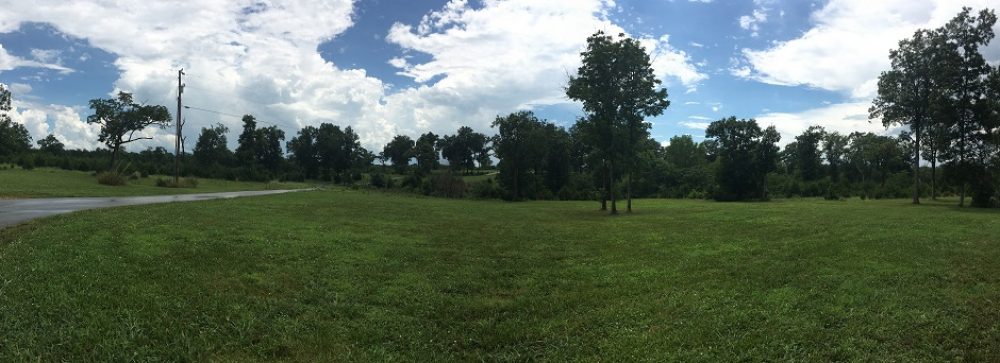Congress shall make no law… abridging the freedom of… the right of the people peaceably to assemble
We’ve all seen the demonstrations. Whether for or against something, we have a right to peaceably assemble. Occupy Wall Street has just as much right to meet on public property as Memorial Day observers. Both “Pro-Life” and “Pro-Choice” groups can demonstrate on The Mall in Washington. All of this is guaranteed by the Constitution as long as the demonstrators are peaceful.
Most localities require a demonstration to get a permit, based on their size. Requesting a permit for the purpose of allowing authorities to provide proper services is a reasonable request. You wouldn’t want a small town to have tens of thousands of people suddenly show up. How could local law enforcement provide enough officers to help keep the peace and deal with any unruly attenders who show up if they don’t know it’s coming.
If the permit is for the group to ask permission to assemble, that is something else. Preventing a group from assembling, either because of their viewpoint or concerns over the size of the group is an abridgment of their right to peaceably assemble. Simply saying that they are concerned about the chance of violence does not give the locality the authority to abridge a groups right to assemble. This right, of course, comes with responsibilities. Our right to assemble only exists while we are peaceable and on public property.
Have you seen demonstrations where people start damaging property or threatening others? (Think of the Watts riots or IMF demonstrations.) These are not covered by the First Amendment since they are not peaceable. By the same token, protests on peoples lawns or business parking lots are not covered since you are not allowed to use your First Amendment right to protest to violate another’s private property rights. While not called “private property rights” in the Constitution, there are many places where a person’s private property is protected. The Third Amendment prevents the government from taking over your home to house soldiers, the Fourth Amendment protects your property from unreasonable search & seizure and the Fifth Amendment insures your property cannot be taken without due process. Based on this and the common law, the expectation that your property is under your control extends to limiting the rights of others to infringe on your rights.
Why is the right to peaceably assemble so important? We are, by nature, social beings. Isolated and alone we are weak and impotent. But put some of us together, to see that we are not alone and we become strong. It is easier to influence a single individual than a crowd. Not simply the ability to demonstrate, but to associate, to pool our talents and resources toward a common goal. The right to assemble and to express our combined opinion is at the core of a representative republic. If we cannot assemble for protection and support we are individuals howling at the moon. Together we become a force that can express our opinions and negotiate with others. Why do you think unions are so important to negotiating with large corporations? It takes the strength of a group to balance another group.
It is the balance of rights and responsibilities, the checks and balances that protects our republic from the tyranny of a few. One person, contacting their representatives has influence. 1,000; 10,000 or 100,000 people contacting that same representative is a force that cannot be ignored.
Think of this right the next time you see a demonstration. Ask if they are peaceably assembled. The next time you hear someone talking about who does and doesn’t have the right to communicate as a group, remember the right to freely and peaceably assemble and express the will of the group is one of the foundational freedoms of this republic.{jcomments on}
